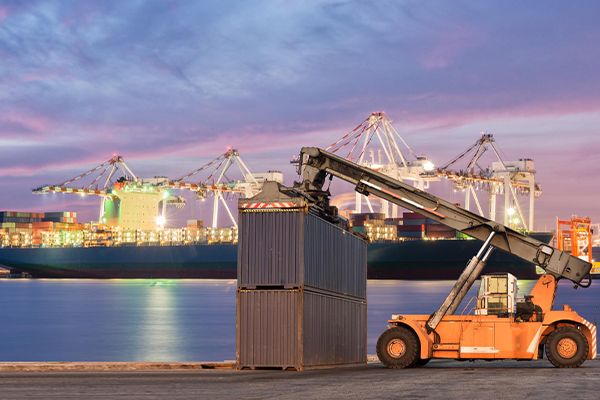
DECARBONIZING MARITIME SHIPPING
Shipping is the backbone of the global economy. It is by far the most efficient mode of
freight transport and transports up to 80% of world’s trade volumes, according to the
United Nations Conference on Trade And Development (UNCTAD). However, as the industry
is developing, the carbon emission has also been increasing.
The International Maritime Organization (IMO) has set a goal to reduce carbon emission
from shipping by at 40% by 2030, and 70% by 2070, compared with 2008 levels.
Decarbonization literally means the reduction of carbon. It is the conversion to an
ecosystem that sustainably reduces and compensates the emission of carbon dioxide (CO 2 ).
Decarbonization has become a global priority for the governments, companies, and society
at large, which in turn, are making commitments and increasing efforts to close the gap to
net-zero commissions.
“All Hands on Deck” is a joint report with Deloitte that outlines industry perspective on how
to accelerate decarbonization of the shipping sector. It presents 12 recommendations for
actions, drawn from the view of 80 shipping senior executives, representing 22 countries
and almost all segments of the industry.
In these times, there is an opportunity to create a new paradigm through a set of efficient
and practical solutions that could accelerate decarbonization. To make this happen, it is
required to have a collaboration within the shipping industry itself, across the broader
shipping ecosystem.
Categories
Recent Post
-
Navigating Global Trade with Confidence: Why International Sea Freight Services Matter
-
Reliable and Scalable Transport Services in India
-
Streamline Your Global Shipping with Expert Sea Freight Forwarding Services!
-
Experience the Advantage of Comprehensive Global Air Freight Services.
-
Seamless Warehousing & Logistics Services That Power Your Supply Chain

